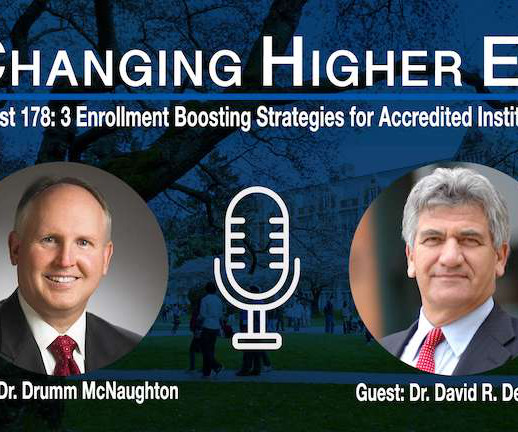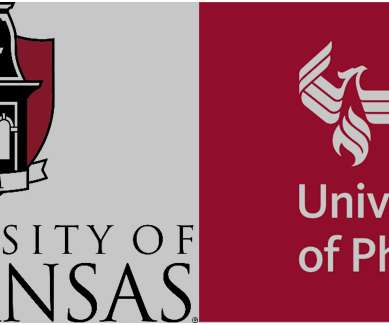Collaboration in Higher Education: How Can Universities Partner With Employers?
HEMJ (Higher Ed Marketing Journal)
AUGUST 29, 2023
While the students want universities to provide career-focused programs that prepare them for their futures, the employers want universities to provide modern, relevant programs that prepare students to become qualified employees in their companies. Employer collaborations in higher education can benefit universities in several ways.











Let's personalize your content